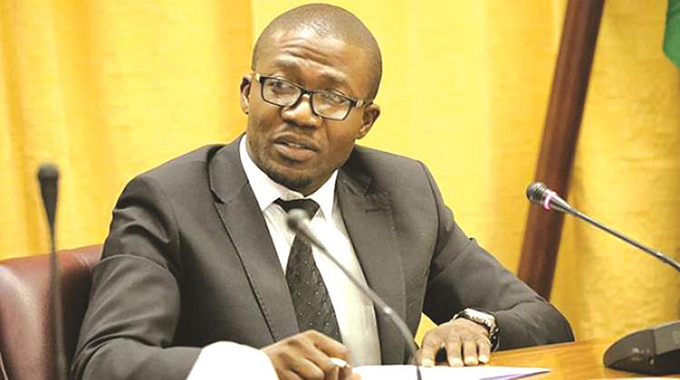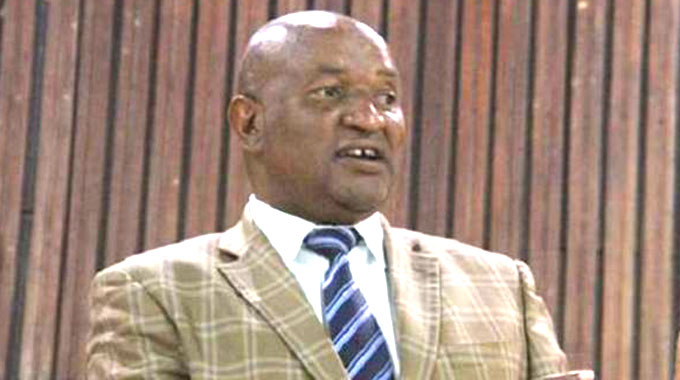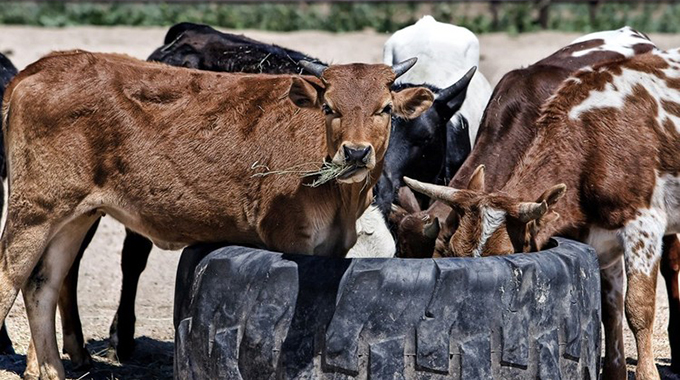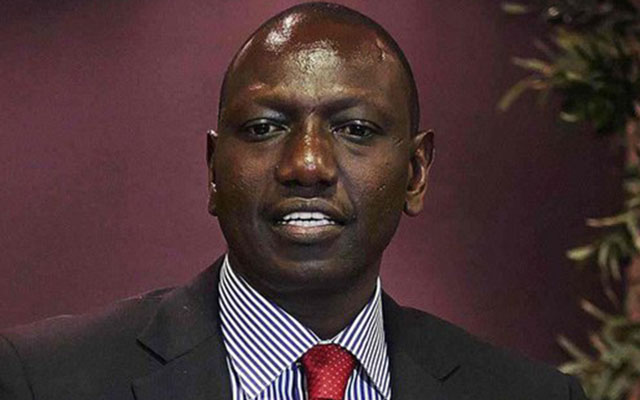Vehicles to put conservation, anti-poaching war into top gear

Herald Reporters
Government has intensified conservation and anti-poaching activities in the wake of an increase in poaching as Covid-19 continues to affect economies globally, a Cabinet minister revealed.
Speaking at the handover of the second batch of seven all-terrain vehicles and three tractors for the Strengthening Biodiversity and Ecosystems Management and Climate-Smart Landscapes in the Mid to Lower Zambezi Region of the country, Environment, Climate, Tourism and Hospitality Industry Minister Mangaliso Ndlovu said the vehicles and equipment had come at an opportune moment as the country was promoting an integrated approach to biodiversity.
The vehicles and tractors were bought using US$10 025 964 received from the Global Environmental Facility (GEF) 6 Cycle, and US$2 million from the United Nations Development Fund (UNDP), while the Government is co-financing the project through in-kind contributions.
This comes as human-wildlife conflict, illegal wildlife trade, deforestation, poaching and climate change impacts are on the increase, affecting communities.
The project will boost biodiversity activities being implemented in Hurungwe, Muzarabani and Mbire districts.
The first batch of 15 vehicles was handed over in September last year, and eight more tractors are expected to be delivered later this month.
CAMPFIRE Association and Zimparks got three vehicles each, while Environmental Management Agency (EMA) got three tractors and one vehicle.
“The objective of the project is to promote an integrated landscape approach to managing wildlife resources, carbon and ecosystem services in the face of climate change in protected areas and communal lands of the Mid to Lower Zambezi regions of Zimbabwe,” said Minister Ndlovu.
He expressed gratitude to organisations that have come aboard in support of conservation and biodiversity efforts in Zimbabwe.
He also took the opportunity to thank Zimparks rangers for their sterling efforts “during this trying time”.
Minister Ndlovu said the trucks will assist in law enforcement in the mid to lower Zambezi regions and beyond as well as improve the living standards of local communities.
“These vehicles have assisted in increasing footprint of law enforcement in the project and beyond. There has been noticeable increase in the frequency of carrying out blitzes on charcoal production and the capacity to respond to human-wildlife conflict at community level,” he said.
Speaking at the same occasion, UNDP Resident Representative Mr Georges van Montfort said the project is facilitating the establishment of six community wildlife conservancies (CWCs) across the districts with a population of 131 000 and 29 000 households expected to benefit.
He pointed out that community wildlife conservancies avail an opportunity for an all-encompassing management of flora and fauna areas, and diversification of natural resource use besides safari hunting.









Comments